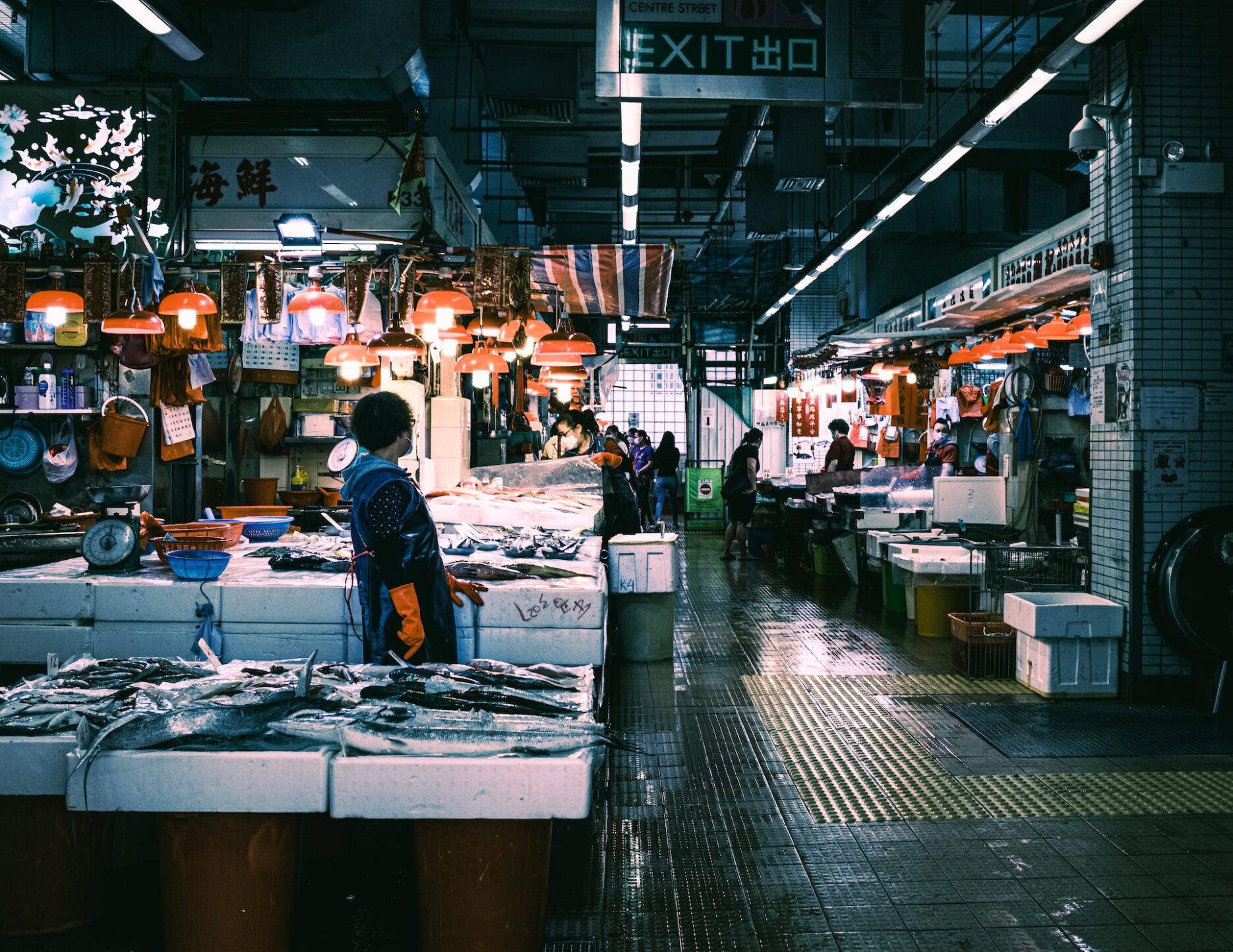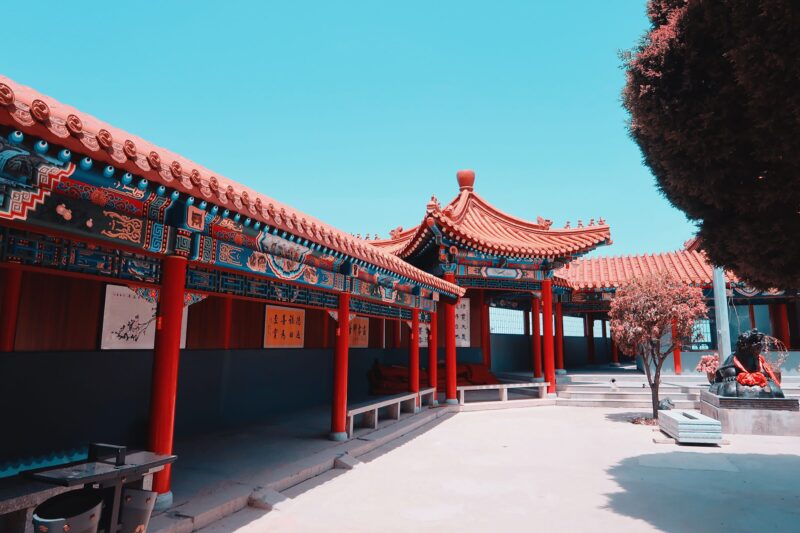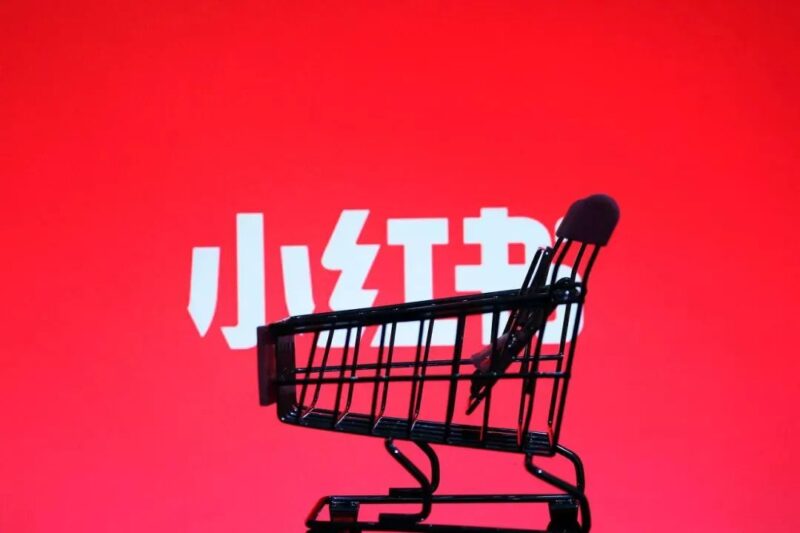Last month the Chinese government issued a blanket ban on seafood imports from Japan as a response to the planned release of radioactive wastewater from a nuclear plant in Fukushima.
As a result, imports of Japanese seafood into the country slumped 67.7% year-on-year in August, according to the latest figures from China’s customs authority. August figures from Japan’s Ministry of Finance also revealed total exports to China dropped 11%, reflecting the country’s new export controls affecting chip-manufacturing items, which bring Japan in alignment with the US’ “de-risking” policies.
According to Japan’s Fisheries Agency, China was Japan’s biggest seafood export destination in 2022, with scallops, tuna, and bonito the most popular items. Despite this, some economists believe the ban is unlikely to hit Japan’s economy hard since cars and machinery represent the majority of exports to China.
The Daiichi nuclear plant in Fukushima started its planned wastewater release a month ago following years of deliberation over how to resolve the hazard. Over a million tons of wastewater will be released gradually over the course of decades as part of the process of decommissioning the plant, which was severely damaged by an earthquake in 2011
After initially saying foodstuffs imported from Fukushima and nine other prefectures in Japan would undergo screening, China’s customs authority suspended the importation of all Japanese seafood on August 24, citing food safety laws. Japan’s wastewater disposal plan being approved by the UN’s nuclear watchdog, China asserted that it “failed to fully reflect expert opinions”.
In the immediate aftermath of the first release of wastewater, Chinese social media saw an outpouring of civilian anger over what the foreign ministry had dubbed “extremely selfish and irresponsible” actions. In a poll conducted on the Twitter-like platform Weibo, 200,000 Chinese netizens said they would never eat at a Japanese restaurant again.
Some felt that the plan goes against the values reflected in Japan’s cultural exports, which are hugely popular in China. “Japanese anime is trying to promote the protection of the sea, but the Japanese government is determined to discharge sewage into the sea. How ironic!” one Weibo user commented.









